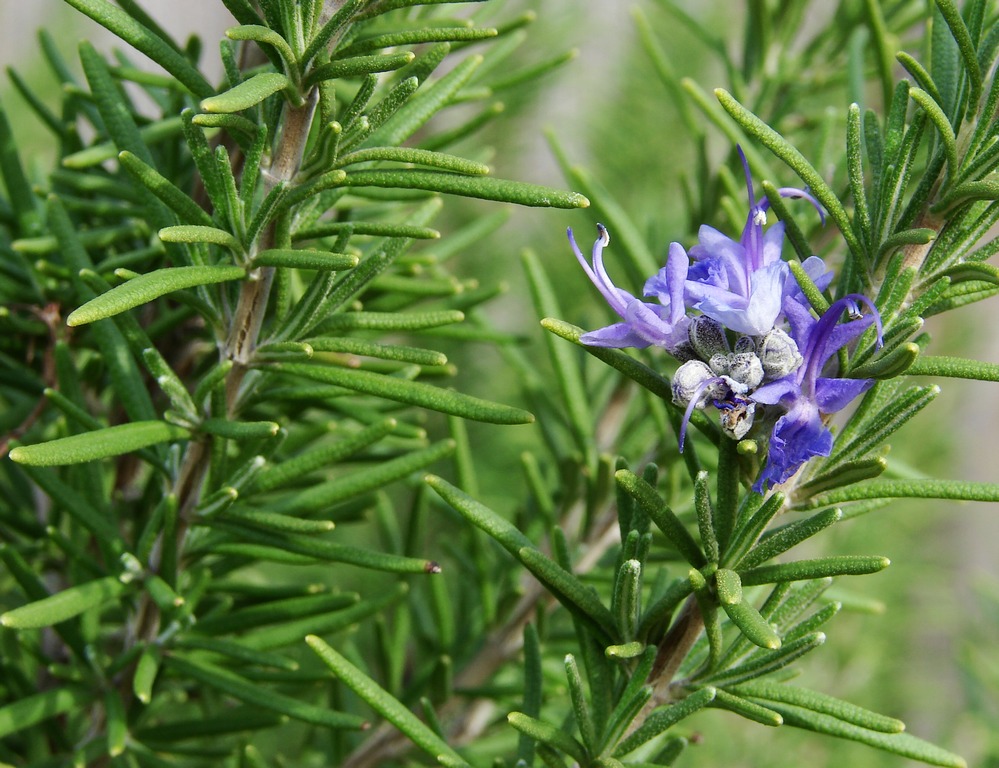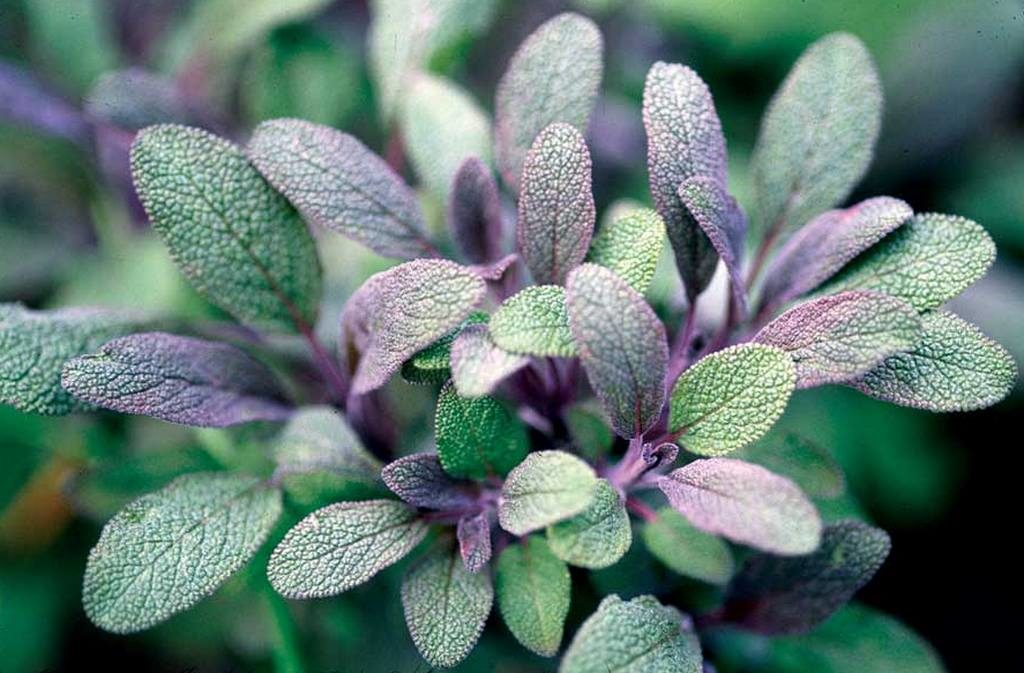Herbal Medicine (also known as herbal remedies or phytopharmaceuticals) is a natural form of healing as ancient as humankind. Every culture on earth includes some form of Herbal Medicine in their traditional treatment of body, mind and spirit. Chinese, Ayurvedic and Australian Aboriginal medicine are three such examples, all with roots that are many thousands of years old.
Herbs are plants that are useful to us – as preservatives, to flavour our food, in fragrance and skin care, to create or enhance a mood, and as medicine.
‘Medicinal Herbs’ are any plant, or part of a plant (leaves, flowers, stems, roots, seeds, fruit, or bark) that can be used to make a medicinal product.
Medicinal herbs can be used many ways: dried, powdered, eaten whole, made into a tea, used in capsules or tablets, placed on the body as a poultice, or soaked in a liquid (usually water or alcohol) to make a tincture.
They are then used to:
- Alleviate disease or symptoms
- Detoxify the system
- Maintain a state of balance
- Prevent disease from recurring
- Support the immune system
More and more modern scientific evidence shows Herbal Medicine to be a very effective form of treatment for most ailments that affect humankind (and many other species of animals too). One interesting example of that evidence is the fact that more than 75% of all patented prescription medicines originally came from herbs.
Two examples of common home plants that are effective and safe as Herbal Medicine are rosemary and sage.
Rosemary is an astringent, diaphoretic, expectorant, carminative, antioxidant, antibacterial, anti-inflammatory, antispasmodic, antiseptic, sedative, tonic, and decongestant.
It can used for: poor concentration, lack of focus, headaches; colds; indigestion; muscular stiffness and rheumatism, to promote hair growth, boost the immune system, improve memory, and relieve aching feet.

A few simple ways at home to use Rosemary include:
- For stress or poor concentration: make a tea by infusing 1 teaspoon of fresh or dried rosemary leaves in a cup of boiling water. Infuse for several minutes. Drink 2 – 3 times per day.
- For headaches: make tea as above and drink 2 or 3 cups throughout the day. Or apply rosemary oil to the temples. (It is simple and fun to make rosemary oil at home.)
- For aching feet: soak feet in a Rosemary footbath. This is made by pouring comfortably hot water over 2tbsp of Epsom salts, a quarter of a cup of bicarbonate of soda, and a few sprigs of rosemary. Soak your feet for twenty minutes, sip a lovely cup of GreenWitch Tea, and relax.
Sage is a carminative, astringent, antiseptic, antifungal, antibacterial, astringent, diuretic, antispasmodic.
It can be used for: coughs, colds and flu; minor wounds, cuts and grazes; nervous indigestion; gingivitis and mouth ulcers; as a natural antiseptic, for nervous exhaustion and as a pick-me-up; to enhance mental clarity. and for menopausal flushes and sweats.
Simple ways at home to use Sage include:

- For coughs, colds and flu: make a tea by infusing 1 – 2 tsp of dried, or 2 – 4 tsp of fresh sage with 1 cup of boiling water for several minutes. Strain. Drink three – four cups per day until cough or cold is gone.
- For gingivitis and mouth ulcers: use cooled tea, prepared as above as a mouthwash several times per day.
- For menopausal flushes and sweats: 150ml of cooled tea, prepared as above, or 2 – 5ml of diluted tincture (obtained from your herbalist) taken twice per day for two weeks to reduce frequency and severity of flushes. Then take a single dose only at the onset of a flush. Take a dose at bedtime to prevent night sweats.
Caution: Sage should be avoided during pregnancy.
Please note: I do not offer the above as instruction only as information. As always, consult your doctor or health therapist, for any ailment you may have.
May your wanderings into the healing power of herbs bring you abundant health and much joy.
‘The ability to prevent disease can only come from living one’s life in harmony with the forces of nature.’
~ Shen Nong








4 Comments. Leave new
Thank you G.W I love this it’s just what I was looking for . Blessed Be xx
Hi Lyn,
You are very welcome… Enjoy… Blessings to you too xx
Love to see you pursuing your passion in life , I wish you’s all the very best in your adventure 😍
Thanks Hemi, Happy Tea Time… xx